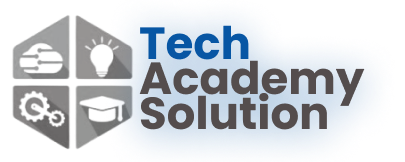CompTIA Training
Let’s help you become a certified CompTIA professional. You’ll learn all you need to know to become an IT Support Specialist and build a strong foundation while mastering the fundamentals of hardware troubleshooting, operating systems, networking basics, mobile devices, and security concepts with hands-on labs and real-world scenarios.
Next Cohort Starts:
November 1st, 2025
Tuition Fee: N150,000
Class Mode: Online/Virtual Training
Harness the power of technology – lead the tech revolution.
Our Process

You’ll explore the fundamentals of computer hardware and software systems. Starting with essential IT terminology, you’ll learn about motherboards, processors, memory, storage devices, and power supplies. Hands-on labs will reinforce component identification.

You’ll master operating system installation, configuration, and maintenance across Windows, macOS, and Linux platforms. You’ll learn networking concepts, TCP/IP protocols, and wireless technologies while developing practical skills in system administration and user support.

You’ll implement security best practices, mobile device management, and advanced troubleshooting methodologies. Real-world scenarios will prepare you for the CompTIA A+ 1101 and 1102 certification exams while building confidence for professional IT support roles.
Modules
Computer Hardware Fundamentals
This comprehensive unit covers all essential computer hardware components and their functions. Students learn about motherboards, CPUs, RAM, storage devices (HDDs, SSDs, optical drives), power supplies, and cooling systems. Topics include hardware compatibility, form factors, connector types, and expansion slots. Students will practice hardware installation, component replacement, and basic troubleshooting using multimeters and diagnostic tools. Advanced topics include RAID configurations, virtualization hardware requirements, and performance optimization techniques.

Modules
Operating Systems Installation and Configuration
Students master operating system deployment and configuration across multiple platforms. This unit covers Windows 10/11 installation methods, macOS setup, and basic Linux distributions. Topics include partitioning schemes, file systems (NTFS, APFS, ext4), boot processes, and system recovery options. Students learn user account management, group policies, registry editing, and system maintenance tasks. Advanced scenarios include dual-boot configurations, virtual machine setup, and automated deployment techniques.

Modules
Networking Fundamentals and Protocols
This essential unit explores networking concepts crucial for IT support professionals. Students learn TCP/IP protocols, subnetting, DHCP, DNS, and network addressing schemes. Topics include wireless standards (802.11), network topologies, cable types, and connectivity devices (routers, switches, access points). Practical exercises cover network troubleshooting using command-line tools (ping, tracert, nslookup), wireless configuration, and basic firewall concepts. Network printing and file sharing scenarios are emphasized.

Modules
Mobile Device Management and Support
Students explore mobile device technologies and management strategies. This unit covers iOS and Android operating systems, mobile device configuration, email setup, and synchronization methods. Topics include mobile security features, application management, and troubleshooting common mobile issues. Students learn about Mobile Device Management (MDM) solutions, corporate email policies, and BYOD security considerations. Practical scenarios include device provisioning, remote wipe procedures, and mobile backup strategies.

Modules
Security Fundamentals and Best Practices
This critical unit focuses on cybersecurity principles for IT support professionals. Students learn about malware types, antivirus solutions, and threat prevention strategies. Topics include password policies, user authentication methods, encryption basics, and physical security measures. Students explore Windows security features, user account control, and system hardening techniques. Social engineering awareness, incident response procedures, and data protection regulations are emphasized through practical scenarios.
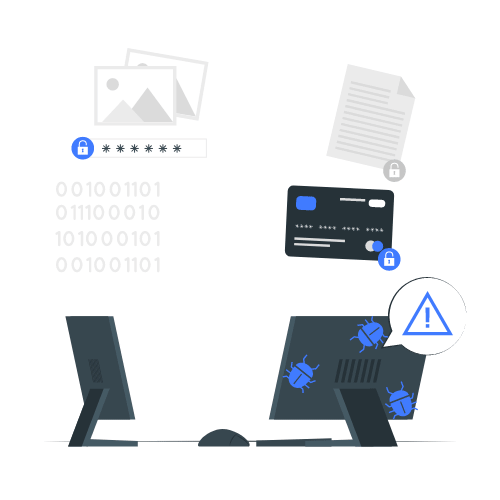
Modules
Troubleshooting Methodology and Problem-Solving
This practical unit develops systematic troubleshooting skills essential for IT support roles. Students learn the CompTIA troubleshooting methodology: identify the problem, establish theories, test solutions, implement fixes, verify functionality, and document outcomes. Advanced topics include using diagnostic tools, interpreting system logs, and escalation procedures. Real-world scenarios cover printer issues, network connectivity problems, performance optimization, and system crashes. Communication skills for working with end users are emphasized.

Modules
Exam Preparation and Certification Readiness
The final unit focuses on CompTIA A+ 1101 and 1102 exam preparation. Students review all course objectives, practice with exam-style questions, and participate in comprehensive mock exams. Topics include exam strategies, time management, and question interpretation techniques. Students receive detailed performance analysis and targeted remediation for weak areas. Final review sessions cover critical concepts, hands-on simulations, and certification maintenance requirements.

LIFE AFTER TRAINING
Where Our Graduates Work
Our talented graduates flourish in leading companies across the globe, making significant contributions to both their personal growth and the organizations they serve. They work in industries ranging from Information technology to Telecommunication, and more.


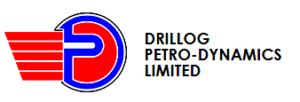



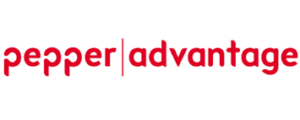
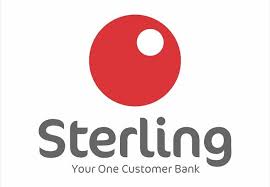

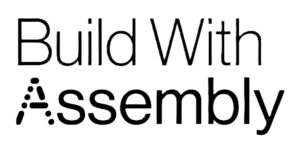
Sign in
Sign up
TechAcademy Solution
Typically replies within minutes
Any questions related to CompTIA Training?
WhatsApp Us
🟢 Online | Privacy policy
WhatsApp us
